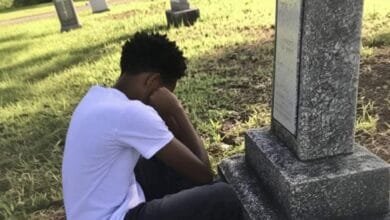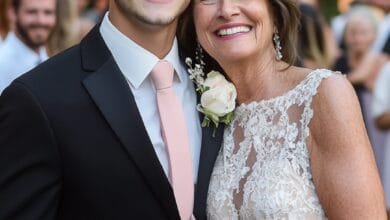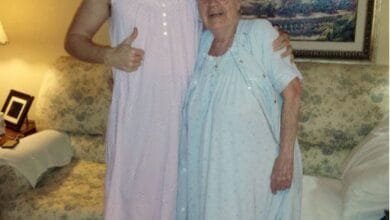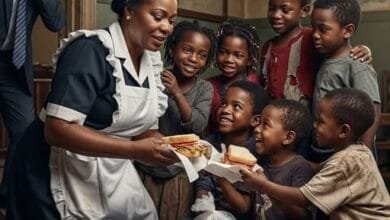My Husband Said: “Never Tell Our Son About the $400,000” — Then He Passed, and I Wish I Knew Why
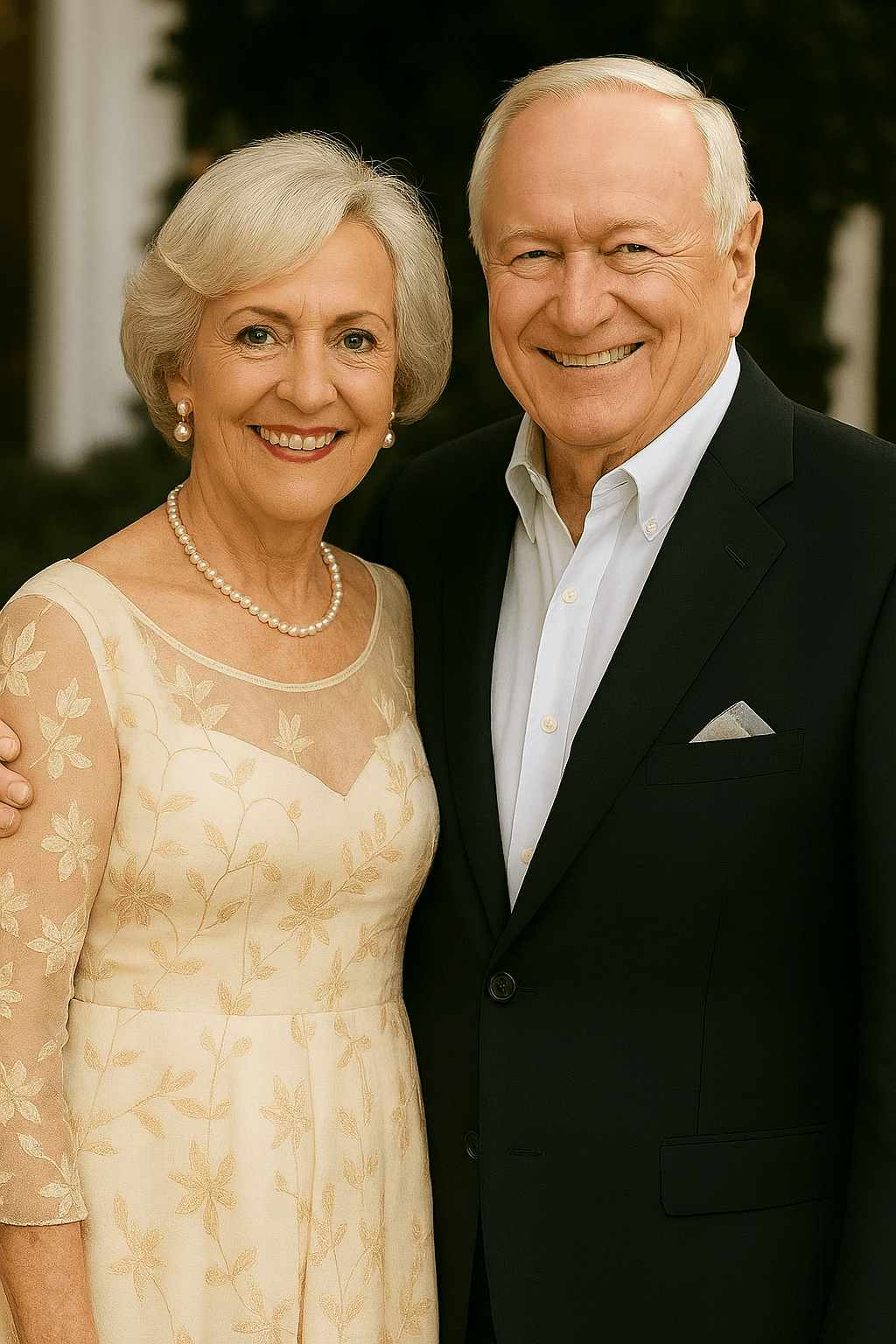
It was during the heart of last winter when I lost my husband, Michael.
On his final day, as snow gently blanketed the hospital window, he asked everyone to leave the room. Our son, relatives, and close friends stepped out quietly, leaving just the two of us in that still, sterile room. He turned to me, his voice soft but steady with intent.
“I have to go first, Emily,” he said with a faint smile.
“But you’ll stay. And when I’m gone, promise me you won’t be stuck in grief. Go live. Be happy. Our son is still young—please raise him well. Watch him grow… for both of us.”
Tears welled in my eyes, but I nodded silently.
Then his expression turned serious. He lowered his voice even more.
“There’s one more thing. A savings book — $400,000 under our names. It’s for you, in case you ever need it. But don’t ever tell our son.”
I blinked, confused.
“Why, Michael? He deserves to—”
“Just promise me, Em. Don’t tell him.”
I hesitated, then whispered,
“I promise.”
At the time, I didn’t fully understand. But I obeyed. He’d never asked me for anything so firmly before. And in the fog of grief that followed, I tucked the savings book into the bottom of an old jewelry box and didn’t touch it again for years.
Michael and I had built a simple life together. He was never a man of big speeches or wild dreams, but he was the hardest-working person I knew. We opened a small hardware store on the edge of town, and through sheer dedication, turned it into a successful little business.
A few years later, our son Noah was born. Bright, kind, and curious, he loved books and fixing things alongside his dad. We were endlessly proud of him.
But life doesn’t always follow our plans.
Just as we began preparing for retirement, Michael was diagnosed with terminal lung cancer. The news hit like a thunderclap—sudden, harsh, and irreversible. We tried everything: specialists, second opinions, even alternative treatments. But it was already too late.
His passing left me shattered. I moved through the following months in a haze of grief, focused only on keeping the house together and raising Noah.
It wasn’t until years later—when I myself became seriously ill and found myself confined to a hospital bed—that I thought about Michael’s last request again. I pulled out the old jewelry box, opened the savings book, and stared at the numbers as the weight of his decision began to settle in.
Lying there, I recalled Michael’s eyes in his final days. His rough, warm hands had held mine tightly when he made me promise.
And suddenly, I understood.
Michael didn’t want Noah to know about the money because he wanted him to grow up without relying on a safety net. He believed that effort, hardship, and perseverance were essential to building character. That a life without struggle might fail to shape a strong, resilient man.
“Money can make people lazy,” he once said.
And now I saw—it wasn’t just an opinion. It was a principle built from experience.
And he wasn’t wrong.
Noah grew up never knowing about the hidden fortune. Maybe because of that, he worked harder than anyone I knew. He took part-time jobs in high school, applied for scholarships, studied late into the night while others went out partying.
I watched him flourish—leading volunteer projects, building strong friendships, always showing kindness and grit. There were hard days, of course, but he never avoided them. Every challenge seemed to shape him into someone wiser and stronger.
Years passed.
When Noah was accepted into a prestigious university on a full scholarship, I cried. On his graduation day, under the soft spring sun, I handed him an envelope. Inside was the savings book—still intact, still bearing both my name and Michael’s.
He read it in silence, then looked up at me, wide-eyed.
“What is this, Mom?”
“It’s from your father,” I said.
“He left it for us. But he wanted me to wait… until you were ready.”
He sat quietly for a moment, then lowered his head. Tears rolled down his cheeks. He hugged me tightly and whispered:
“I understand now.
I understand why he did it. And I promise, I’ll use this gift wisely—not just for myself, but to honor everything you and Dad gave up. I’ll make him proud.”
Today, Noah is a man of strength and compassion, respected in his field and loved by everyone around him. He still visits often. And sometimes, over quiet dinners, he still talks about his father.
“He was a silent genius,” Noah once said.
“He didn’t say much, but he taught me everything I needed to know.”
Michael’s legacy wasn’t just the money, or the business, or even the family photos that still line our hallway. It was in the sacrifices he made, the lessons he passed down, and the man he helped shape through love, wisdom, and restraint.

